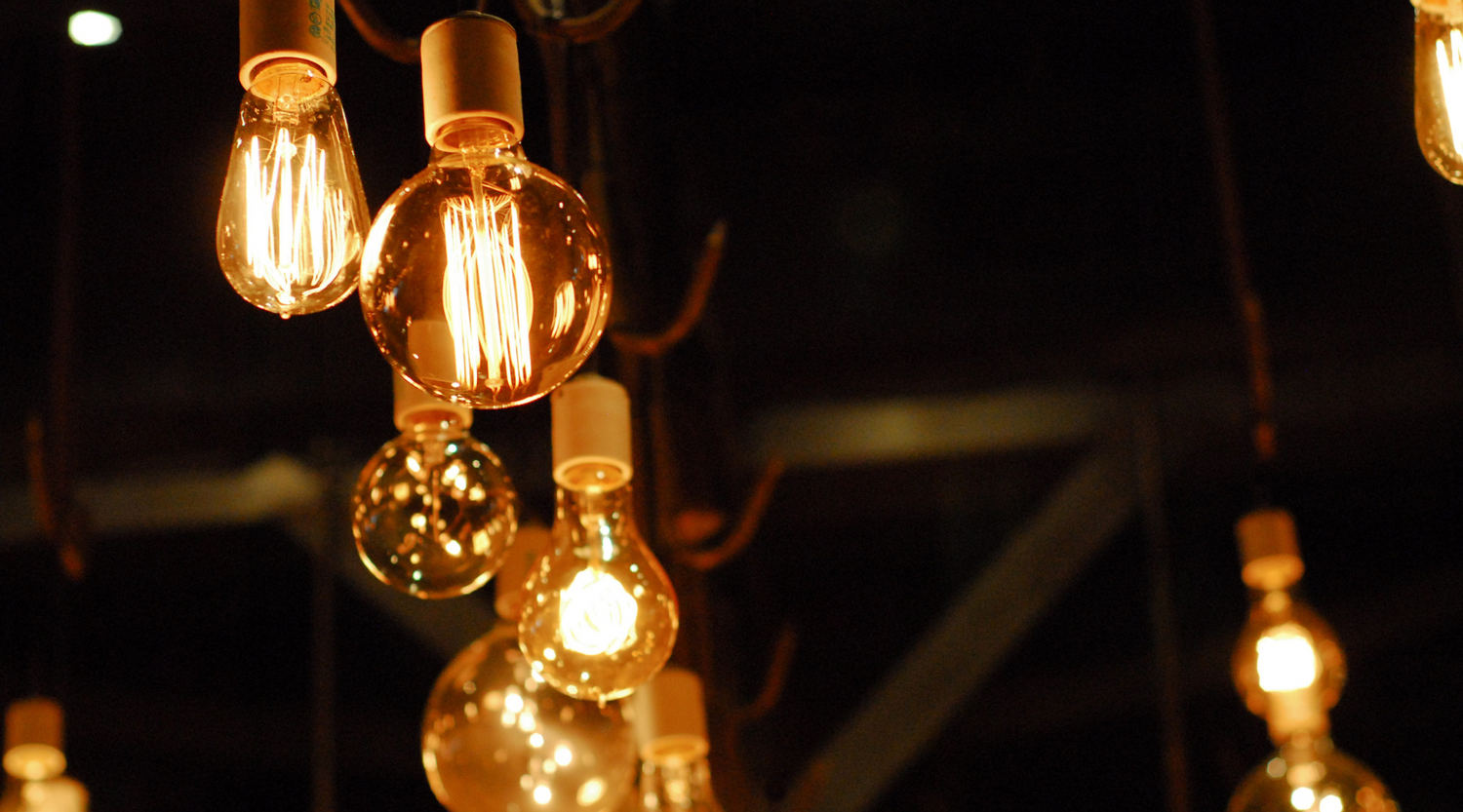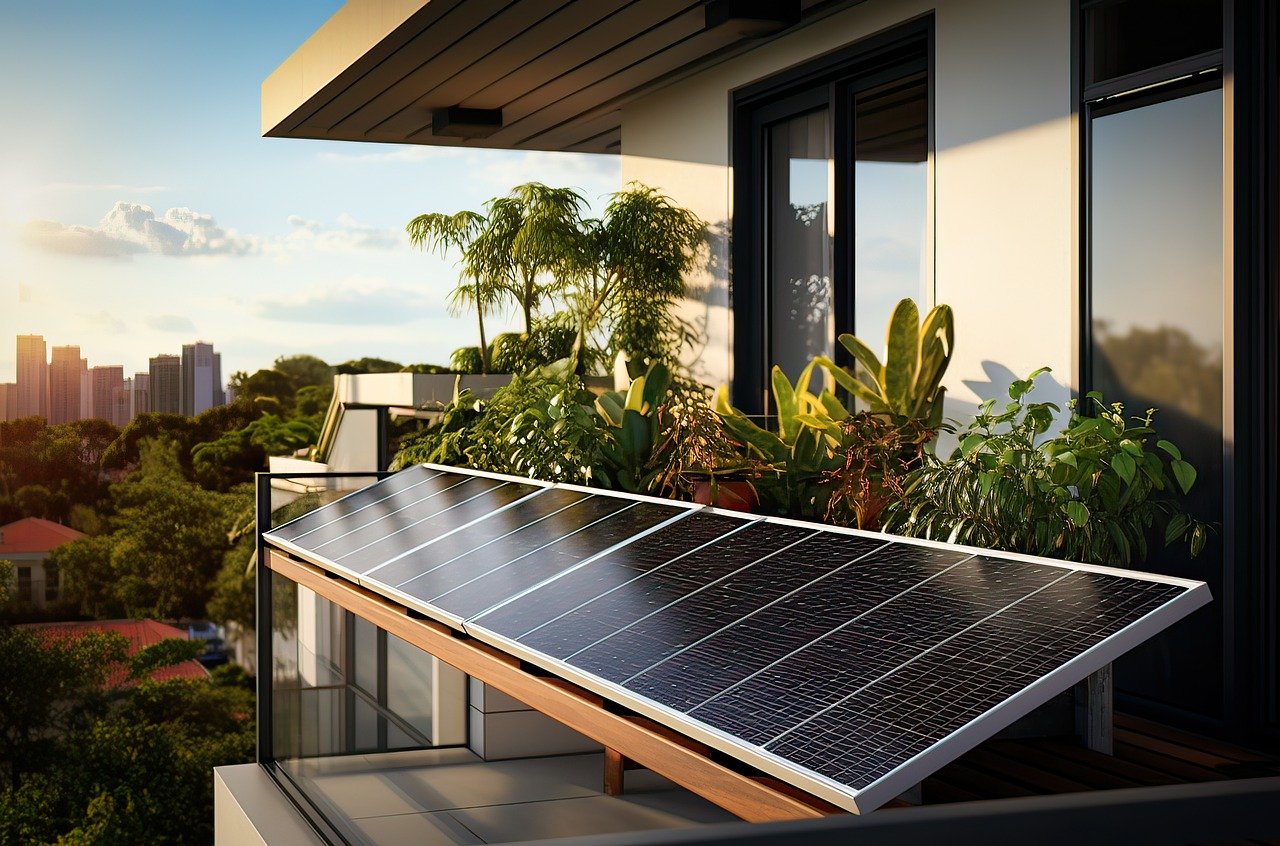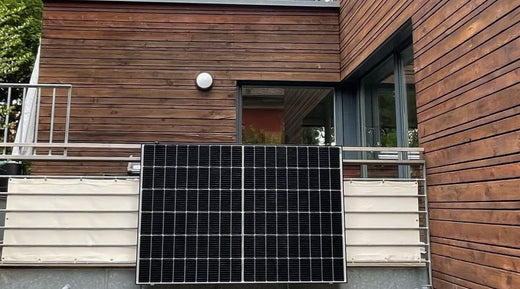Hey! Have you ever wondered what the terms watt (W) and kilowatt hour (kWh) mean, which you can find on your electricity bills and on the electrical devices at home? Let's break it down in a simple and easy way!
What does watt actually mean? Watt is the unit that indicates the power of a device. In short: the higher the wattage, the more power the device needs to function. If a device uses 1000 watts, then it uses a lot of energy to provide us with the desired benefit - be it a hairdryer or a mixer.
And what about kilowatt hour – kWh? The kilowatt hour, on the other hand, is a unit of measurement used to describe energy consumption. If your 1000 watt hairdryer runs for an hour, it has consumed 1 kWh. That may not sound like much at first, but when you consider what you can do with 1 kWh, it looks different. For example, you can charge an iPhone 15 about 75 times or light up a room with a 10 watt LED lamp for 100 hours. Or imagine your refrigerator running for 2.5 days on just 1 kWh!
Electricity consumption in the household To make it even more tangible: an average 2-person household consumes around 2,400 kWh per year. That sounds like a lot, doesn't it? And when you consider that the price of electricity in January 2024 is around 37 cents per kWh, we are talking about around €900 per year just for electricity!
How can you save? Energy efficiency is the magic word when it comes to saving on electricity costs. When buying new appliances, pay particular attention to their energy efficiency class. Appliances with high efficiency use less electricity and thus help to save costs in the long term. But in addition to choosing energy-efficient household appliances, there is another way to reduce your electricity bill: the balcony power plant.
A balcony power plant allows you to generate solar power directly on your balcony or in other suitable locations. These small but effective systems are not only easy to install, but also ideal for tenants or owners without access to their own roof. With a balcony power plant, you can produce part of your daily energy needs yourself, which directly leads to a lower electricity bill.
This blog is designed to help you better understand and manage your energy costs. If you want to learn more tips and tricks about energy efficiency and sustainable living, stay tuned!





Leave a comment
This site is protected by hCaptcha and the hCaptcha Privacy Policy and Terms of Service apply.